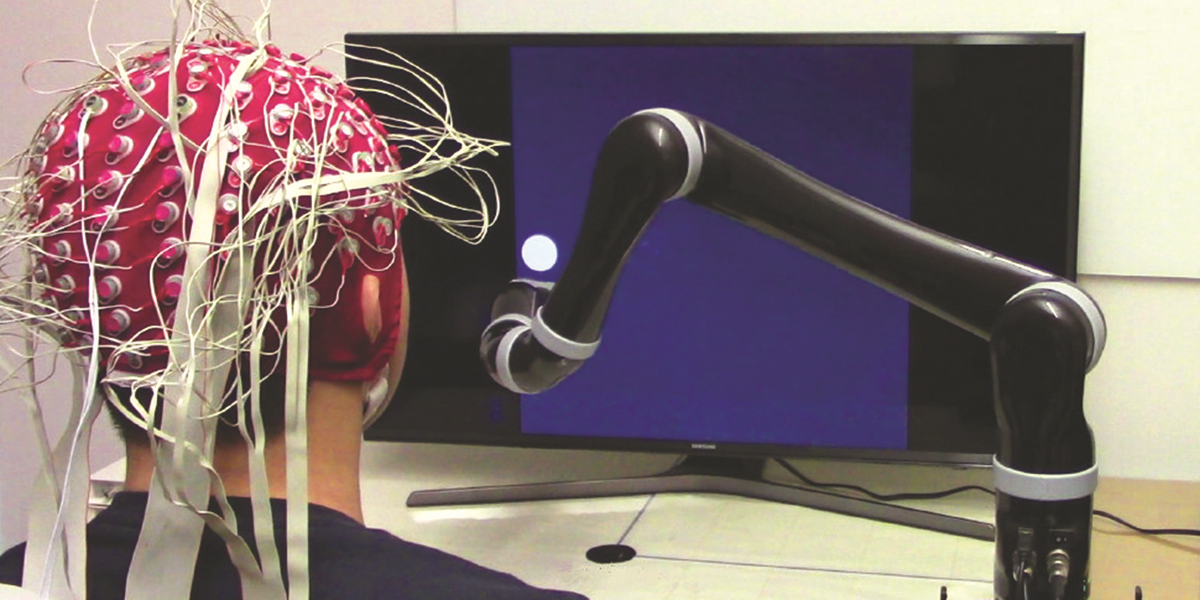Year-ender: Historical human breakthroughs in 2019

Paralyzed patients may use 'mind' to move

A team of researchers from Carnegie Mellon University, in collaboration with the University of Minnesota, used a noninvasive brain-computer interface (BCI) to develop the first successful mind-controlled robotic arm exhibiting the ability to continuously track and follow a computer cursor.
This is a breakthrough that could benefit paralyzed patients and those with movement disorders.
So far, the BCIs that can control robotic arms successfully and constantly were all invasive through operations in the brain to transplant chips and electrodes. A major challenge in BCI research is to develop less invasive or even totally noninvasive technology that would allow paralyzed patients to control their environment or robotic limbs using their own "thoughts". Such noninvasive BCI technology, if successful, would bring much-needed help to numerous patients and even potentially to the general population.


















